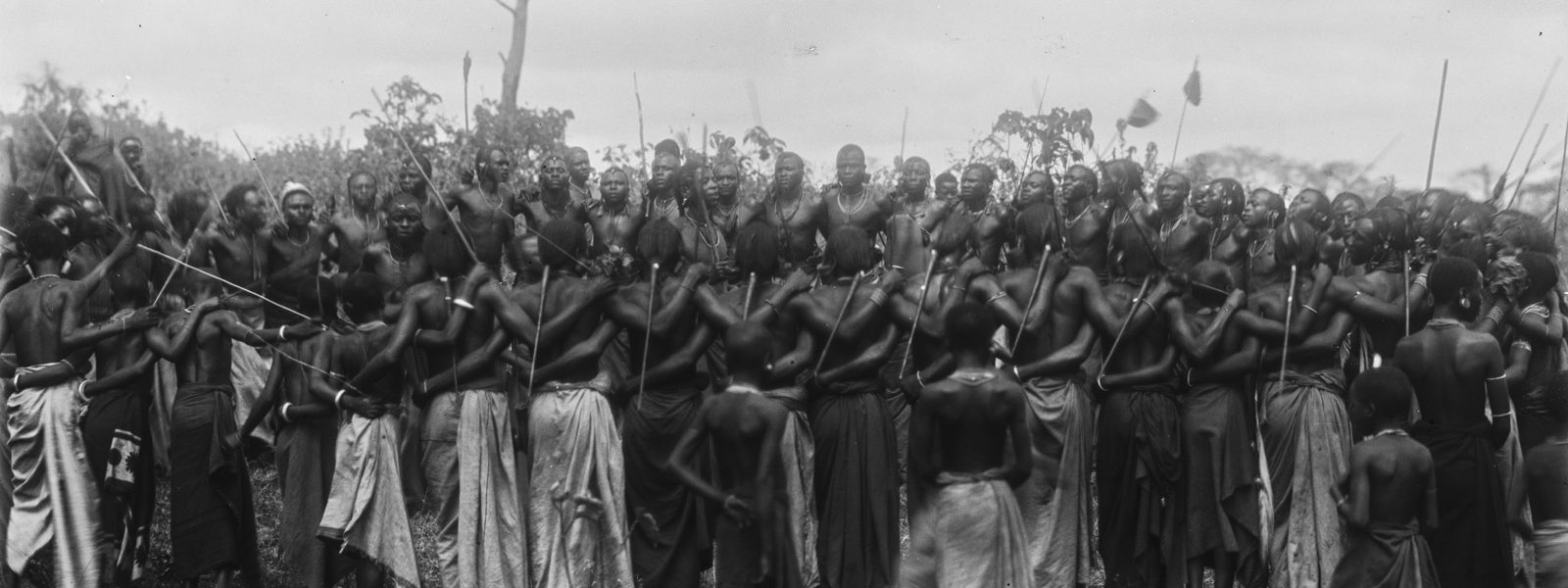 Dancing Wachagga Warriors from presumably Moshi
Dancing Wachagga Warriors from presumably Moshi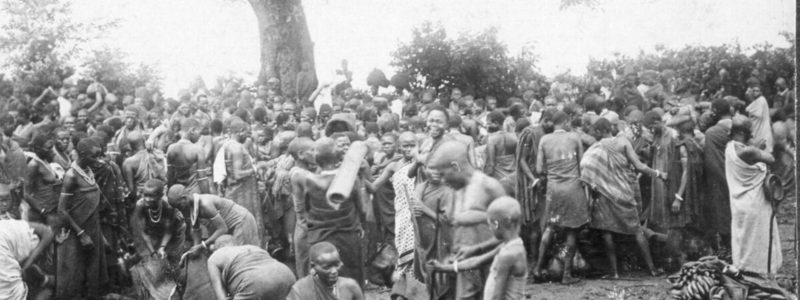 Market in Moshi
Market in Moshi
the wachagga project
about wachagga project
> short introduction and update end of 2024
Swahili version below
The Wachagga project originated from the collaborative efforts of Dr. Valence Silayo from the University of Dar es Salaam and Mr. Hartmut Andres, a retired music teacher and member of the Partnerschaftsverein Tübingen-Moshi e.V. This initiative was born out of an intensive exchange of ideas. Kilimanjaro Heritage Society (KHS) members independently met with the Minister of State Katja Keul in Dar es Salaam in 2022. KHS highlighted the significance of the immaterial heritage of the Wachagga, as collected and documented by Dr. Bruno Gutmann, and stressed the importance of making this heritage accessible to the society of origin. These two initiatives merged to form the Wachagga project, led by the University of Dar es Salaam. Project partners include two civil-based non-governmental organizations: the Kilimanjaro Heritage Society, a CBO with strong connections to the communities on Kilimanjaro, especially Old Moshi, and the Städtepartnerschaft Tübingen-Moshi e.V. in Germany. Although no institutions or foundations in Germany’s cultural sector would support the project, the Federal Foreign Office funded a start-up project (➦Greetings of Katja Keul).
The start-up project was successfully completed in spring 2024, digitizing over 3000 pages. This required the development of an AI-supported tool to digitize the original Kichagga texts, which was a significant challenge. A dedicated website, set up by Luis Keppler, republished these books (➦gutmann books) and other materials, hosted by the Städtepartnerschaft Tübingen-Moshi e.V. on their homepage. One of these books, „Häuptling Rindi von Moschi – Mangi Rindi of Moshi,“ was translated into Kiswahili.
A brief historical context (➦timeline and ➦maps) was provided by Hartmut Andres, who also compiled an extensive bibliography of related books and publications that store the immaterial cultural heritage of the Wachagga in Germany (➦bibliography).
The project was presented in early 2024 at two large workshops in Old Moshi. On March 1st in the presence of Minister of State Katja Keul, representatives of the German embassy, and representatives from Tanzanian national, district, and local governments, the website was launched, and the first 200 books were distributed, mainly to schools. Two community workshops, held on March 1st and March 3rd, were well attended, each attracting around 100 participants. These workshops focused on oral tradition, intergenerational contact, the relevance of the handed-down material today, and sustainable future practices. A detailed report on these workshops will be published on the website later this year.
2024, a new chapter dedicated to Nathaniel Mtui’s work was added (➦nathanael mtui). Hartmut Andres researched, digitized, edited, and republished the lost notebooks in which Mtui recorded the history of East Kilimanjaro on behalf of Gutmann at the beginning of the 20th century.
A new chapter, „The People Who Shared Their Knowledge,“ centered on Petro Masamu’s childhood recollections, will be published in early 2025.
A new project has also started in close collaboration with the Phonogrammarchiv at the Humboldt Forum Berlin and the societies of origin in Kidia and Ashira. This project involves digitizing and researching the wax roll recordings made by Elisabeth Seesemann on Kilimanjaro between 1906 and 1909. More details about this project will follow later.
quick menu
As this is an international cooperation between Tanzanian and German institutions and actors, all pages of the WACHAGGA PROJECT are in English.
Although all information on this website is freely accessible to the public, we would like to state that it is subject to copyright. This applies to the texts by Bruno Gutmann, but also to all other texts and the translations, both into English and into Kiswahili.
Please contact us if you wish to use or quote texts from this website. All quotations must mention the authors and/or translators.
We strongly recommend that you visit the WACHAGGA PROJECT site using a desktop computer to ensure that all functions can be used and that everything is displayed correctly.
about wachagga project
> short introduction and update end of 2024
Mradi wa Wachagga ulitokana na juhudi za ushirikiano za Dkt. Valence Silayo kutoka Chuo Kikuu cha Dar es Salaam na Bw. Hartmut Andres, mwalimu mstaafu wa muziki na mwanachama wa Partnerschaftsverein Tübingen-Moshi e.V. Mpango huu ulizaliwa baada ya wawili hawa kubadilishana kwa mawazo. Wakati huohuo, Wanachama wa Kilimanjaro Heritage Society (KHS) walikutana na Waziri wa Nchi katika serikali ya Ujerumani, Mama Katja Keul jijini Dar es Salaam mwaka 2022. Mazungumzo ya Mheshimiwa waziri na uongozi wa KHS uliangazia umuhimu wa urithi usio wa kawaida wa Wachagga, kama ilivyokusanywa na kuandikwa na Dk Bruno Gutmann, na kusisitiza umuhimu wa kufanya urithi huu kupatikana kwa jamii ya asili. Mipango hii miwili iliunganishwa kuunda mradi wa Wachagga, ukiongozwa na Dr Valence Silayo wa Chuo Kikuu cha Dar es Salaam. Washirika wengine wa mradi huu ni pamoja na mashirika mawili yasiyo ya kiserikali ya kiraia ambayo ni Kilimanjaro Heritage Society, yenye uhusiano mkubwa na jamii za Kilimanjaro, hasa Old Moshi, na Städtepartnerschaft Tübingen-Moshi e.V. nchini Ujerumani.
Waanzilishi wa mradi huu hawakuweza kabisa kuppata taasisi katika sekta ya utamaduni ya Ujerumani inayoweza kusaidia mradi huo. Hivyo, Ofisi ya Mambo ya Nje ya Shirikisho la Ujerumani lilifadhili mradi wa kuanza (➦tazama Salamu za Katja Keul).
Mradi ulikamilikka mwaka 2024 mwezi nne kwa kuweka kwenye mfumo wa kidijitali zaidi ya kurasa 3000. Hii ilihitaji chombo kinachotumia akili mnembe (AI) ili kuweza kuyaweka kwa kidijitali maandishi ya awali ya Kichagga, ambayo ilikuwa changamoto kubwa. Mr Luis Keppler alijitolea kuandaa tovuti il iliyochapisha tena hizi taarifa (➦vitabu vya Gutmann) na ttaarifa nyingine, zilizoaandaliwa na Städtepartnerschaft Tübingen-Moshi e.V. kwenye ukurasa wao wa kwanza. Moja ya vitabu hivi, „Häuptling Rindi von Moschi – Mangi Rindi wa Moshi,“ kilitafsiriwa kwa Kiswahili.
Muktadha mfupi wa kihistoria (➦Tarehe/➦Muda na ramani) ulitolewa na Hartmut Andres, ambaye pia alikusanya bibliografia ya kina ya vitabu na machapisho yanayohusiana ambayo huhifadhi urithi wa kitamaduni wa Wachagga nchini Ujerumani (➦bibliography).
Matokeo ya mradi huo yaliwasilishwa mapema mwaka 2024 katika warsha mbili kubwa zilizofanyika Old Moshi Kilimanjaro. Warsha ya Kwanza ilifanyika tarehe 1 Machi, mbele ya Waziri wa Mambo ya Nje wa Ujerumani Mama Katja Keul, wawakilishi wa ubalozi wa Ujerumani, na wawakilishi kutoka serikali ya Tanzania, wilaya, na serikali za mitaa, Mbali na tovuti hiyo nakala 200 za wasifu wa Mangi Rindi vilisambazwa, hasa mashuleni na katika ofisi za umma.
Warsha ya poli ilifanyika Machi tarehe 3. Warsha zote mbili zilihudhuriwa vizuri, kila moja ikivutia washiriki karibu 100. Warsha hizi zililenga masimulizi ya mila, umuhimu wa tafsiri na maandiko ya Bruno Gutmann, na mazoea endelevu ya baadaye. Ripoti ya kina juu ya warsha hizi itachapishwa kwenye tovuti baadaye mwaka huu.
Mwaka 2024, sura mpya kuhusu kazi za Nathaniel Mtui iliongezwa. Hartmut Andres alifanya utafiti, kuhariri, na kuchapisha tena madaftari yaliyopotea ambapo Mtui aliandika historia ya Kilimanjaro Mashariki kwa niaba ya Gutmann mwanzoni mwa karne ya 20.
Tena sura mpya, „Watu Walioshirikisha Maarifa Yao,“ iliyojikita katika kumbukumbu za Mr Petro Masamu, itachapishwa mapema 2025.
Mradi mpya pia umeanza kwa ushirikiano wa karibu na Phonogrammarchiv katika Jukwaa la Humboldt Berlin na jamii za asili huko Kidia na Ashira. Mradi huu unahusisha kuweka kwa kidigitali na kutafiti rekodi zilizofanywa na Elisabeth Seesemann huko Kilimanjaro kati ya 1906 na 1909. Taarifa zaidi kuhus mradi huu zitatolewa baadae.
Imetafsiriwa kutoka Kiingereza na
Dr Valence Silayo
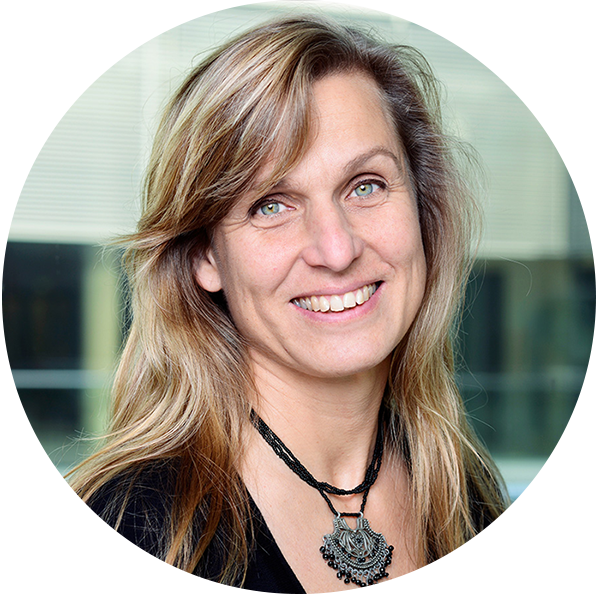
greeting
Almost 100 years after the German missionary Bruno Gutmann wrote his biography of the Chagga chief Rindi in German, it is appearing for the first time in Swahili.
The Chagga people allowed Gutmann full access to their culture, which he was fascinated by. He valued the Chagga’s hospitality and openness, living among them for many years and producing a number of works about this experience, as well as about their traditions and everyday life and in particular the legal system in force at the time. In my conversations in Tanzania, I have often heard how vividly and fondly Gutmann is remembered.
For me, it is wonderful and deeply important to see the knowledge that Gutmann accumulated about the Chagga people return to the foot of Kilimanjaro, with the translation and publication of this and other works of his. This knowledge is now available to the Chagga in their language for the first time.
There is a growing awareness in Germany of how vital it is for cultural heritage to return to its places of origin. It is also important to us to engage in joint efforts to reckon with German colonial rule in Tanzania in all of its complexity.
We want to continue down this path. And so I would first and foremost like to thank the contributors from the University of Dar es Salaam, the Kilimanjaro Heritage Society and the twin city partnership Städtepartnerschaft Tübingen-Moshi e.V., as well as everyone else involved, from both Tanzania and Germany – their initiative and voluntary work made this project possible and represent a crucial contribution to reckoning with our shared history. I am delighted that projects such as this are shaping modern-day relations between our two countries.
Dear readers, I hope you enjoy delving into this book!
Katja Keul
Minister of State at the Federal Foreign Office
Federal Republic of Germany (2021-2025)
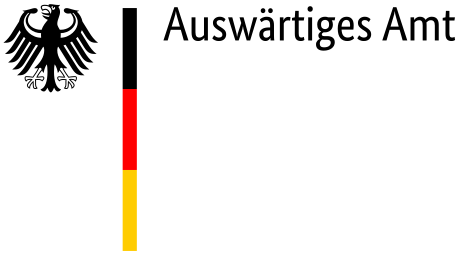
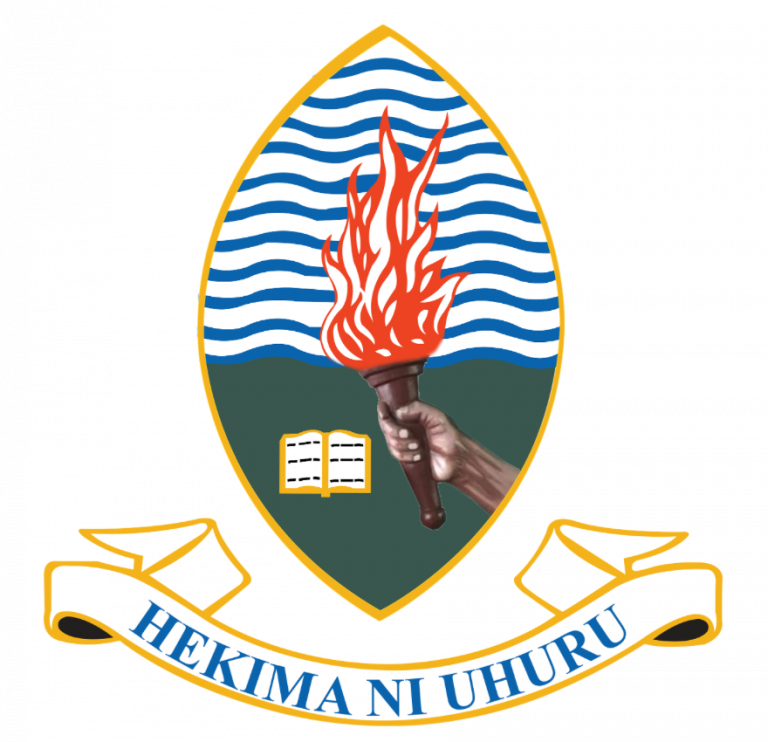


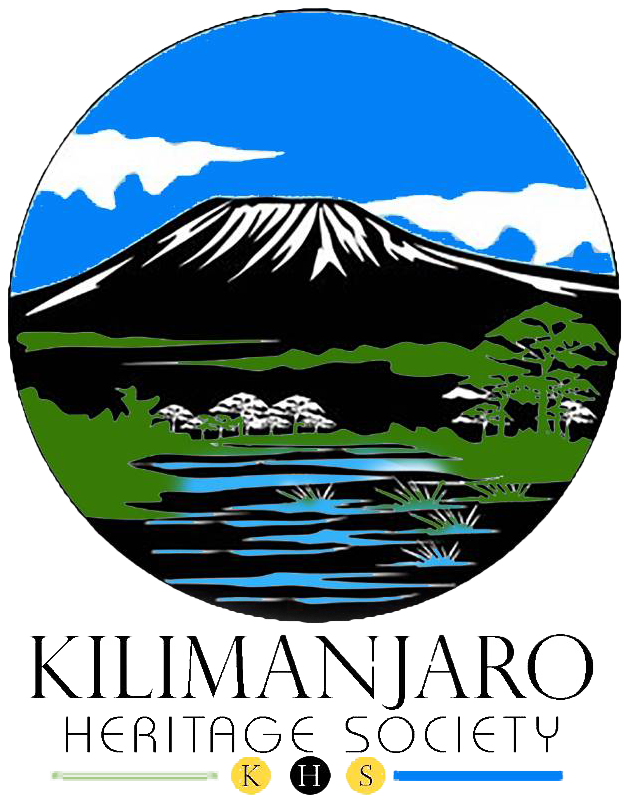

thanks
This project was only possible thanks to generous funding from the Federal Foreign Office of Germany.
It is organised by the University of Dar es Salaam in cooperation with the Kilimanjaro Heritage Society around Mount Kilimanjaro and the Tübingen – Moshi Partnership Association in Germany.
get in touch
The WACHAGGA PROJECT is a work in progress. Whenever new material has been researched and edited, it will be published here.
You can use the contact form to send us suggestions and criticism, and you can also add your name to a list of people who will be informed as soon as new material is available.
who we are
In Germany, the WACHAGGA PROJECT is mainly supervised and carried out by the following people:
Hartmut Andres
a retired music teacher and on board of the Tübingen-Moshi Partnership Association, is the initiator of the project in Germany. His task is research both online and in estates, archives and libraries. He has compiled the material, written texts and provided translations. As project coordinator in Germany, he is responsible for the contact with the German and Tanzanian authorities.
Dr Florian Pommerening
IT specialist at the University of Basel, is supervising the digitisation of Bruno Gutmann’s texts, especially the parts written in Kichagga.
Luis Keppler
ethnomusicologist and web designer, who is also on the board of the Tübingen-Moshi partnership association, designed and maintains the website for the WACHAGGA PROJECT.
gutmann books
here you find the gutmann books and more info about bruno gutmann.
timeline
here you find a timeline including the most important dates that our project is dealing with.
map
here you find a map of the area this project is dealing with.
bibliography
here you will find an overview of publications on wachagga culture.
get in touch with us
want to stay up to date?
you can enter your e-mail address here to sign up for the newsletter about the WACHAGGA PROJECT.
You can also write us an e-mail to give us feedback, get in touch or leave a comment!
picture credits
Sammlung Hans Meyer:
Europeana (https://www.europeana.eu/de)
Archive of the Leipzig Mission:
University of Southern California

